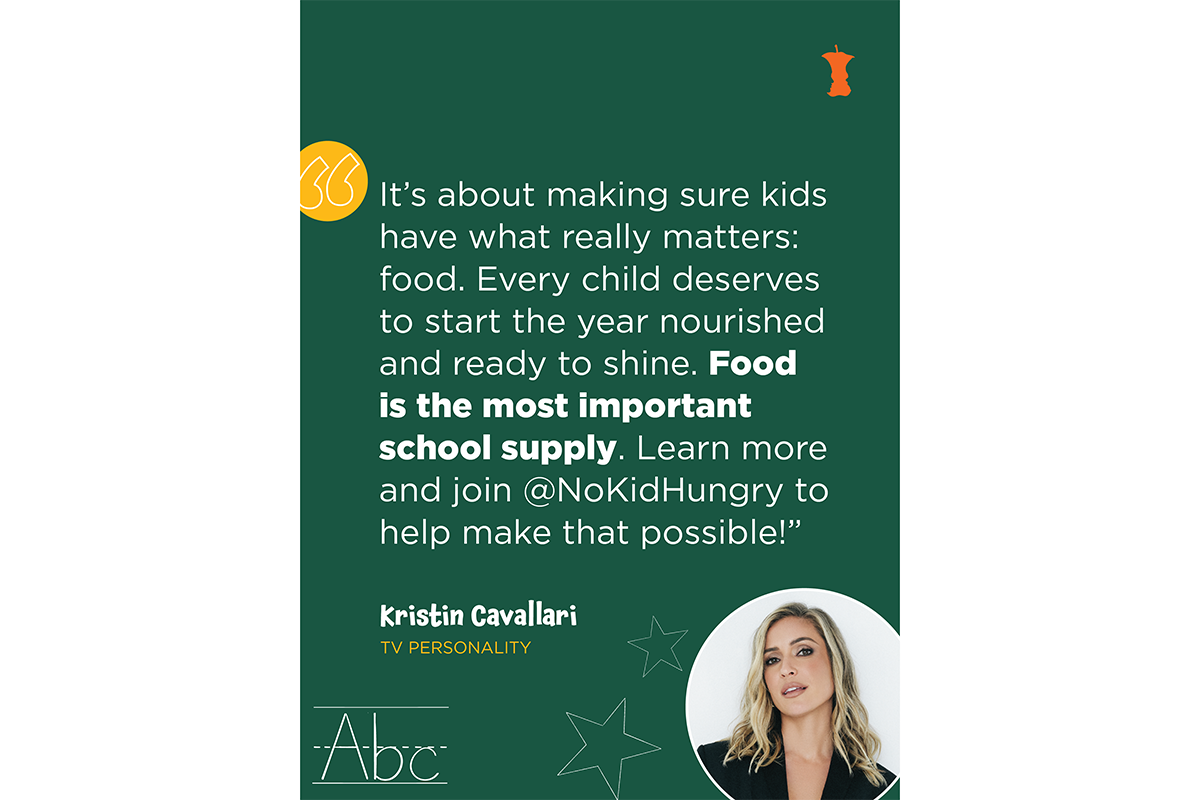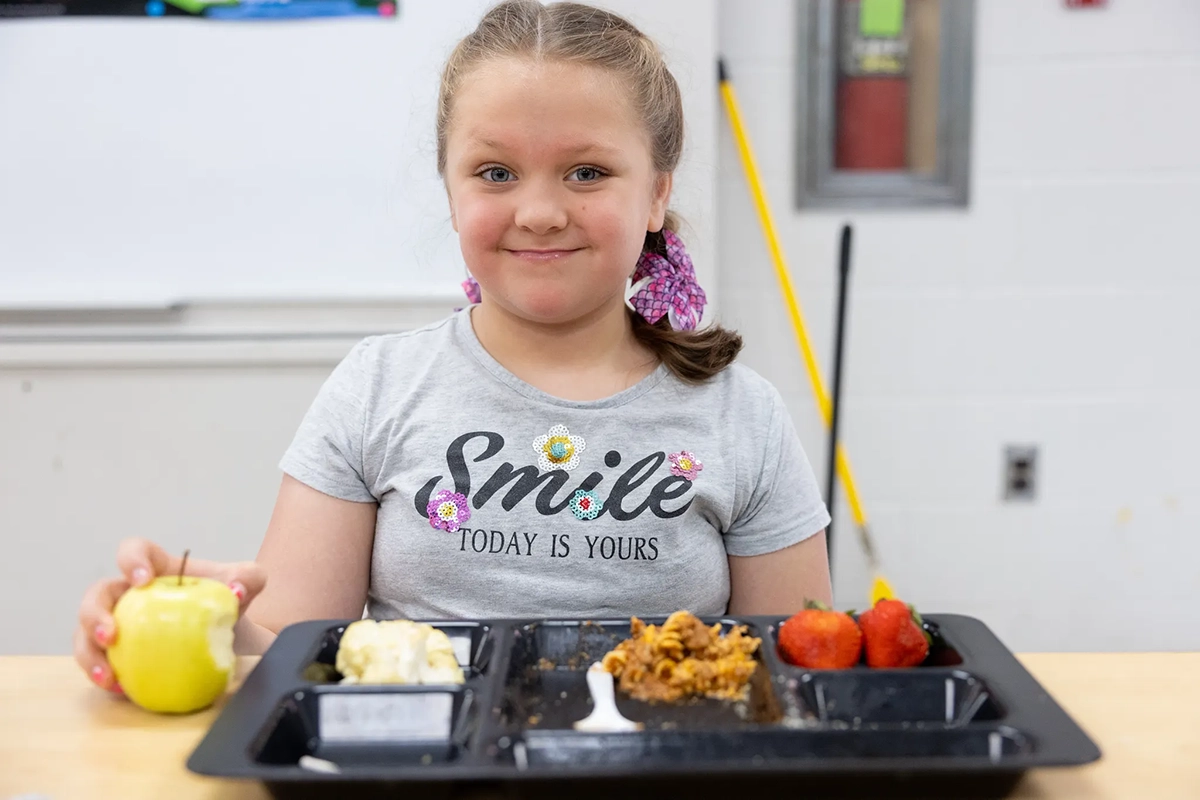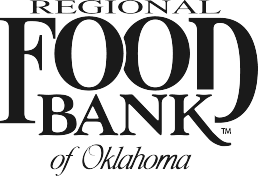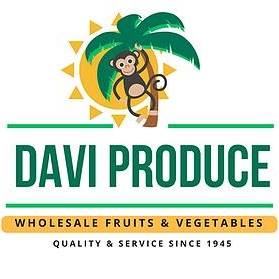The Census Bureau released its annual report on poverty in the U.S. for 2024, showing child poverty rates at 13.4%.
“Too many kids are still facing poverty, and it's about to get worse,” says George Kelemen, senior vice president for Share Our Strength and its No Kid Hungry campaign. “The poverty report shows millions of families are still struggling to make ends meet and put food on the table. As the cost of food continues to rise, even more kids will face hunger.
“Moreover, the nearly $200 billion in cuts to SNAP that Congress passed this summer will make it significantly harder for those facing poverty to feed their children. Millions of families will lose access to SNAP altogether.
“These cuts and changes to SNAP not only punish working families but will also make it nearly impossible for some states to continue administering one of our nation's most effective anti-hunger programs. We know where this leads: more kids facing poverty and hunger.
Still, Kelemen says, it's not too late to change course.
“Congress must act now to reverse these devastating changes to vital assistance programs,” he says.
An overwhelming number of parents are facing more challenges to put food on the table for their kids due to rising food costs and a worsening job market, according to new research released by No Kid Hungry.
Among the national sample of parents surveyed, more than one in four families reported experiencing the loss of a job, and four out of 10 parents reported a worsening financial situation. This, paired with the steadily rising costs of living, resulted in more than one-third of parents reporting that they worried about their households running out of food during the summer break, and 40% having to make tough trade-offs like choosing between paying emergency bills and purchasing healthy food for their children over the past year.
“Research shows that the meals kids eat at school are often the most nutritionally balanced meals they get all day,” Kelemen says. “And that's because school meals meet robust nutritional standards, including produce with at least one serving of fruit and one serving of vegetables with every meal. Many schools serve fresh fruits and vegetables and offer salad bars or cook meals from scratch each day. As shown in our new back-to-school report, when kids have access to healthy, nutritious meals like they do at school, everyone benefits. Kids attend school more regularly, can focus in the classroom, and it alleviates stress and financial strain for parents who indicated that their children may not have food to eat at school some days if the school meal program did not exist.”
According to a mother surveyed in Colorado: “Making ends meet is the biggest challenge right now. We both work with five kids in the house. It's a stretch every month to meet everybody's needs. It's tough in this economy. And we do have concerns about feeding them. We watch our dollars a lot closer, but there are times when we can barely scrape things together to make a meal.”
For many kids, summer is the hungriest time of year when kids lose access to free and reduced-price school meals. As two in three parents worry food prices will continue to rise throughout the year, the back-to-school season marks the return of these essential school meal programs, providing stress and financial relief for parents and caregivers struggling to make ends meet and ensuring kids have access to the most important school supply: food.
Key findings from the report include:
School meals increase academic success and attendance rates
- 83% of parents agree their children have a hard time concentrating when hungry. Having a full belly ensures kids have the mental clarity necessary to learn with 88% reporting that school meals help their child(ren) focus and do better in school.
- Three out of five parents report that school meals motivate their children to attend school regularly. And some parents report increased extracurricular engagement as well.
School meal programs reduce mental and financial stress for parents and help build stronger families
- With more than half of parents worrying about the necessary costs of going back to school like clothes and notebooks, school lunch and breakfast programs ease the concern for food access while their kid(s) are in the classroom. Nearly half of the parents indicated their children might not have food to eat at school some days if the school meal program did not exist.
- Over three in five parents say school meals are extremely valuable for their family. For many parents, this value can come in the form of mental health benefits and the ability to be more present with their kids.
- While nearly half of parents believe the stress they feel interferes with their parenting, even more — two in three — report school meals help reduce it.
Another parent, a father in Georgia, reported: “It feels like no matter how much you earn, nothing kind of remains. It's living paycheck by paycheck. When you are on a tight budget, a meal from a school helps you pass through that difficult phase.”
“It goes beyond just meals,” Kelemen says, “when kids can rely on the meals they receive at school, everyone benefits. It means more stability for hard-working parents who are managing the stresses of rising costs and living paycheck to paycheck. It means kids can grow up healthier, focus in the classroom and are more likely to graduate and escape the cycle of poverty. Stronger, smarter kids mean a stronger, smarter nation for us all.”

TV host and designer, Tan France; chef and restaurateur, Tiffany Derry; TV personality, Kristin Cavallari; and baking blogger, Chelsey White have teamed up with No Kid Hungry to bring awareness to the importance of school meal programs.
“As a parent, you want the best for your kids,” France says. “School meals allow kids that opportunity to be their best and for families to be happier and healthier in every aspect. I'm proud to team up with No Kid Hungry to bring attention to these findings and help more kids access the food they need to thrive inside and outside of the classroom this year.”
Nearly 14 million kids in the U.S. are living with hunger, but No Kid Hungry says it is changing that by working with schools and communities across the country to make sure they have the resources and funds they need to strengthen school meal programs like breakfast, lunch and after-school meals to feed as many students as possible. In the 2023-24 school year, No Kid Hungry's partners served more than 374 million meals to kids and families nationwide.



















